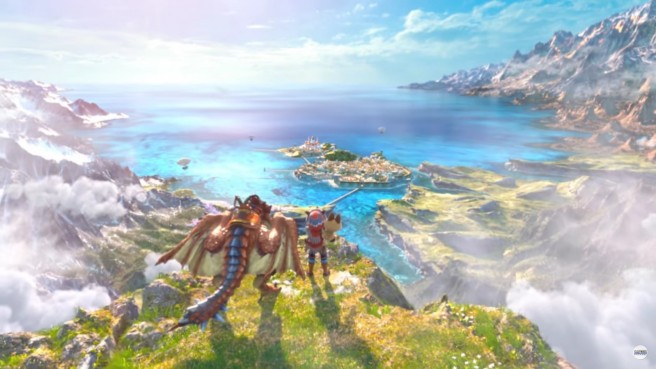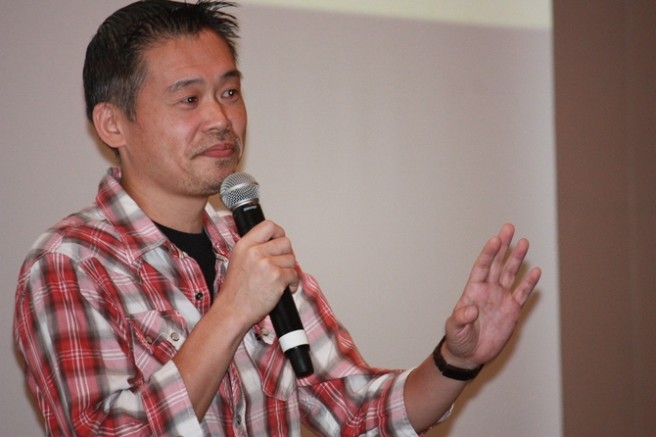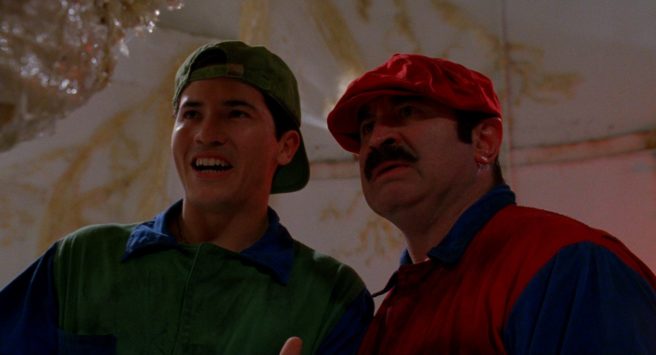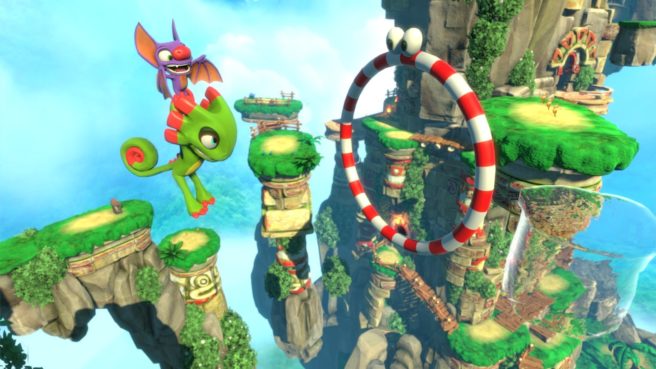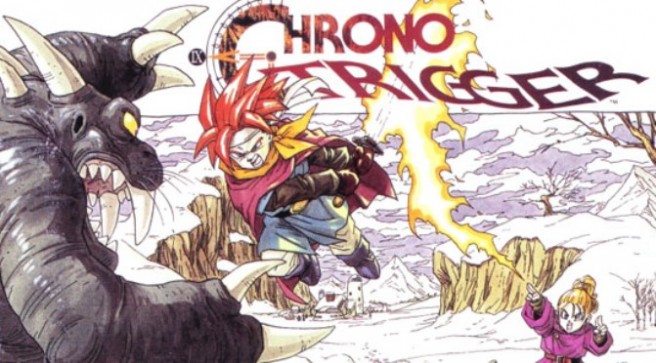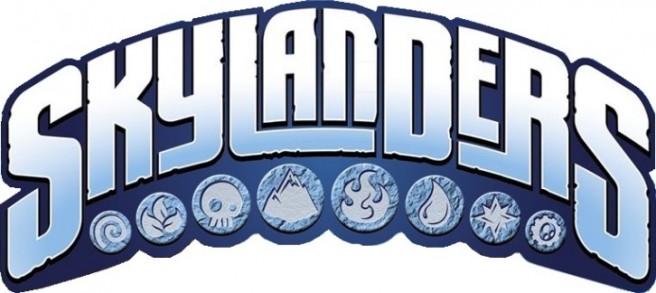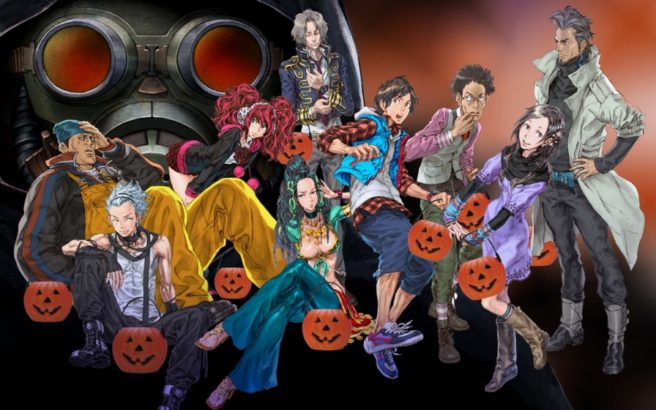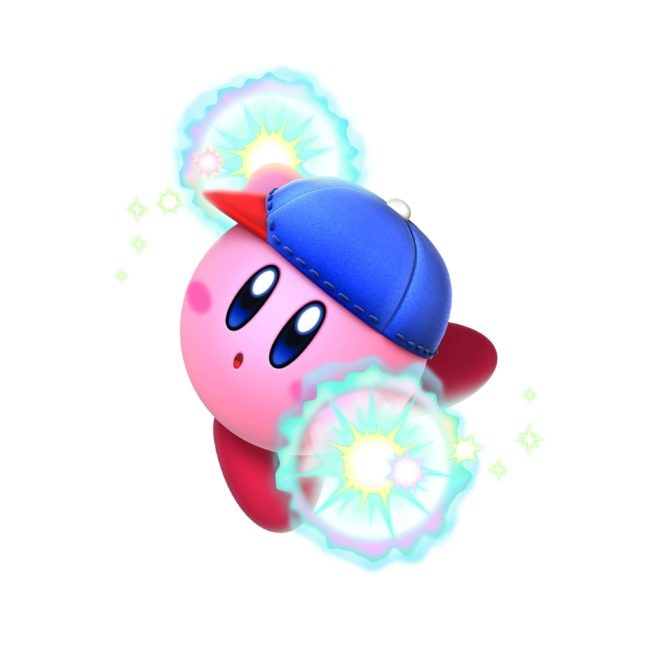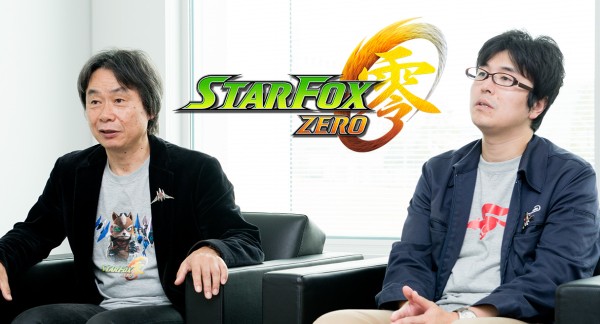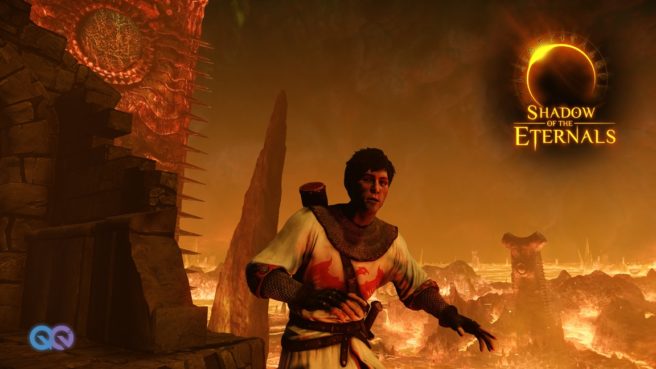Capcom on Monster Hunter Stories – world, systems, game length, amiibo, and more
Posted on 9 years ago by Brian(@NE_Brian) in 3DS, News | 7 Comments
Last week, Famitsu published an article on Monster Hunter Stories. It included an interview with Ryozo Tsujimoto, producer of the series.
There was quite a bit discussed during the interview. Tsujimoto talked about things like the world, systems, how long it’ll take to complete Monster Hunter Stories, and the brand new amiibo. That’s in addition to a few other topics like the anime.
We’ve gone ahead and translated Famitsu’s interview with Tsujimoto. Head past the break to read it in full.
More: Capcom, interview, Monster Hunter Stories, Ryozo Tsujimoto, top
Inafune apologizes for Mighty No. 9 delays, anime and film still happening, thinking about a sequel
Posted on 9 years ago by Brian(@NE_Brian) in 3DS eShop, News, Wii U | 31 Comments
It’s taken awhile, but Mighty No. 9 will finally be launching this month. Things unfortunately did not go smooth for the game, as it was pushed back quite a few times.
Creator Keiji Inafune once again apologized for the delays while speaking with 4Gamer. He told the site:
“We deeply apologize to the fans and backers for having taken much longer than expected. I learned again how difficult it can be to make a game. (The reason of delay) was not because we were shorthanded, but due to how we were going to sell it, and then biting more than we can chew after declaring that it will be released for all the hardware. But it was a good [learning] experience.”
More: Deep Silver, interview, Inti Creates, Keiji Inafune, Mighty No. 9, top
Super Mario Bros. film director on the script, casting Mario and Luigi, tough experience, and more
Posted on 9 years ago by Brian(@NE_Brian) in General Nintendo, News | 8 Comments
SciFiNow recently caught up with Rocky Morton, one of the directors on the live-action Super Mario Bros. film from 1993. Morton spoke about the script, casting Mario and Luigi, and how it was tough creating the movie. He noted that it was “a harrowing experience”, and working with Dennis Hopper was “really, really hard.”
We’ve posted some of the interview excerpts below. You can find a bit more from Morton on SciFiNow here.
More: film, interview, Rocky Morton, Super Mario Bros., top
Playtonic handling Wii U version of Yooka-Laylee internally, wants to give it “the right attention”
Posted on 9 years ago by Brian(@NE_Brian) in News, Wii U eShop | 83 Comments
It’s been known that Playtonic is working with Team17 on Yooka-Laylee. The latter company will publish the game, but it’s now been revealed that they’re also working on the Xbox One and PlayStation 4 versions. That means Playtonic is able to concentrate on Yooka-Laylee for Wii U and PC.
MCV asked Playtonic about why the studio is working on the Wii U version internally over other platforms. In response, writer Andy Robinson said:
We naturally have so many backers who opted for Wii U. Because of the size of the team, we couldn’t take on all the consoles. You can imagine from a developer stand-point, that porting from PC to PS4 and Xbox One is slightly more straightforward than porting to Wii U. I also think it feels right playing it on a Nintendo system to some people. But the other versions will be fantastic as well.
Technical art director Mark Stevenson also noted:
“We wanted to make sure that Wii U gets the right attention. There is a lot of nostalgia around Banjo, Banjo heralds from Rare’s Nintendo’s days, and we are all massive Nintendo fans as well.”
More: interview, Team17, top, Yooka-Laylee
Director interested in seeing a new version of Chrono Trigger
Posted on 9 years ago by Brian(@NE_Brian) in General Nintendo, News | 9 Comments
Takashi Tokita, one of the directors on Chrono Trigger, “would love” to see a new version of the game in one form or another. Speaking with Game Informer, Tokita mentioned:
“Personally, if there is ever an opportunity, I would love to see a high-quality, high-end version of Chrono Trigger. Or a movie production, or something of the sort.”
Tokita also spoke more generally about Chrono Trigger. One notable aspect of the game is how it brought together two RPG developers. At the time, there were separate Square and Enix entities, who made Final Fantasy and Dragon Quest respectively. It’s partially because of the collaboration that makes Chrono Trigger extra special.
Tokita said:
More: Chrono Trigger, interview, Square Enix, Takashi Tokita, top
Activision still believes in toys-to-life, Skylanders the 11th most successful game franchise of all time
Posted on 9 years ago by Brian(@NE_Brian) in 3DS, News, Wii, Wii U | 2 Comments
There’s been some talk as of late about the decline of the toys-to-life business. For the most part, amiibo is still doing quite well, and LEGO Dimensions entered the scene last year. But Disney Interactive recently closed entirely – marking the end of Disney Infinity – and Skylanders hasn’t been performing quite as well as it used to.
Despite this, Activision still appears to be very much on board with toys-to-life. The company announced Skylanders Imaginators today, reaffirming its commitment to the market.
Activision CEO Eric Hirshberg also told TIME that the publisher believes in the potential of toys-to-life. In his remarks, he mentioned that “Skylanders is now the 11th most successful game franchise of all time after just five years.”
When asked about the situation of Disney and concerns about the toys-to-life category, Hirshberg said:
I certainly can’t comment on Disney’s business, so that’s a good question to ask them, and they’ve obviously got good reasons for making the decision they did. What I will say is, we’ve said publicly that some of our more recent games haven’t met our expectations, and yet we’re still here making games, so we obviously still believe in the potential. We created the category, and Skylanders is now the 11th most successful game franchise of all time after just five years.
More: Activision, Eric Hirshberg, interview, sales, Skylanders, top, Toys for Bob, Vicarious Visions
Zero Escape creator didn’t think his initial pitch for 999 would be approved
Posted on 9 years ago by Brian(@NE_Brian) in DS, News | 3 Comments
The Zero Escape series has spawned two entries, with a third launching in about a month for now. Series creator Kotaro Uchikoshi reflected on the franchise’s roots as part of an interview with Nintendo Force.
Uchikoshi was asked if he thought Spike Chunsoft would approve his initial pitch for 999 (Nine Hours, Nine Persons, Nine Doors). He did not, but “was able to get the project in fruition thanks to many supporters.”
Kirby: Planet Robobot director on the story, characters, Robobot Armor, and abilities
Posted on 9 years ago by Brian(@NE_Brian) in 3DS, News | 6 Comments
Last month’s issue of Nintendo Dream contained a noteworthy interview with Kirby: Planet Robobot director Shinya Kumazaki. It was very insightful, with Kumazaki discussing topics like the story, characters, Robobot Armor, and abilities. He also delves a bit into the game’s origins and reveals that Planet Robobot was originally intended to be more along the lines of “Kirby Triple Deluxe 2”. On top of that, we have an interesting image at the end of the post.
We’ve rounded up a bunch of the questions and answers from Nintendo Dream’s interview. Head past the break to read our translation full.
Star Fox Zero – official translation of Nintendo Dream’s interview
Posted on 9 years ago by Brian(@NE_Brian) in News, Wii U | 4 Comments
Update 2 (5/27): The third part can now be read here.
Update (5/20): The second portion can now be read in full here.
Original (5/13): Last week, we posted a translation summary of Nintendo Dream’s interview with Shigeru Miyamoto and Yugo Hayashi about Star Fox Zero. Nintendo of Europe is now starting to post a complete translation on its website. You can read the first part right now over here. We’ll let you know when the other portions are made available.
Denis Dyack again says that Shadow of the Eternals is alive
Posted on 9 years ago by Brian(@NE_Brian) in News, Wii U eShop | 8 Comments
Eternal Darkness creator Denis Dyack attempted to fund a spiritual successor to that game, Shadow of the Eternals, back in 2013. But after two failed Kickstarter campaigns, its future remained unclear. Dyack did mention that Shadow of the Eternals was still in the works back in 2013 – and even teased “big plans for the future.”
Dyack still says that Shadow of the Eternals is a thing. He now has his own YouTube channel known as “The Quantum Tunnel”, and noted during a podcast that it’s still alive. Dyack also believes “extremely unethical” games journalism caused the project to lose out on crowdfunding a few years ago.
Shadow of the Eternals was originally planned for Wii U. If the game ever does get made, it’s unclear whether that console would still be included as a target platform.
